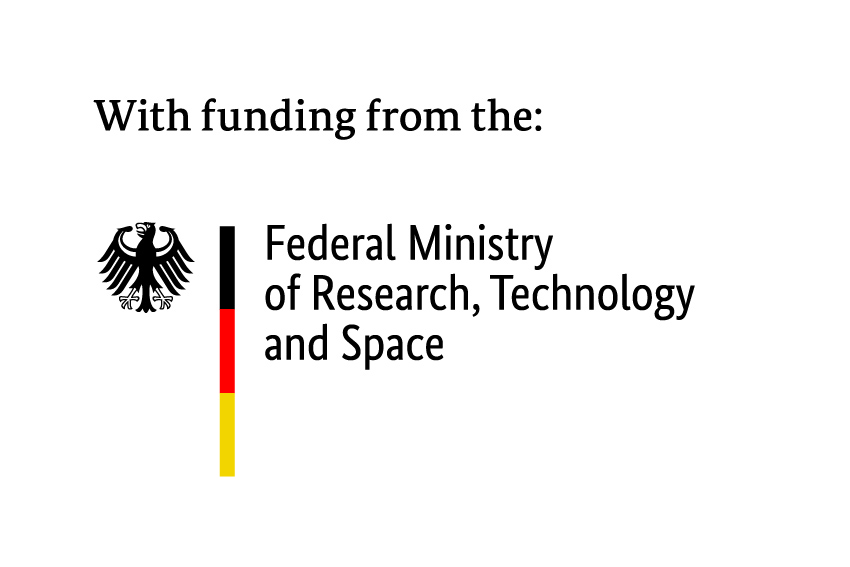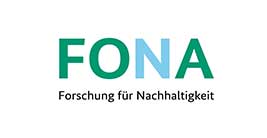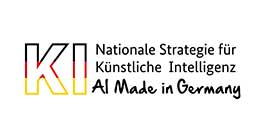A more sustainable circular economy for plastic packaging
Plastics are one of the most versatile and popular materials for packaging and would also be put to good use in terms of the bioeconomy if their secondary raw materials were recycled in higher proportions. For this reason, more and more voices are being raised in European and German politics in support of the idea of the circular economy and the need to increase the use of recycled materials. Currently, however, technical and economic challenges still stand in the way.
Which technical means are needed and which economic challenges have to be overcome in order to bring the use of recycled materials into the cycle in a meaningful and cost-efficient way?
This is precisely where the funding measure "AI Application Hub on Plastic Packaging", funded by the German Federal Ministry of Research, Technology and Space (BMFTR) comes in. The aim is to pave the way for a more sustainable circular economy through the use of artificial intelligence.
 Fraunhofer Institute for Process Engineering and Packaging IVV
Fraunhofer Institute for Process Engineering and Packaging IVV





